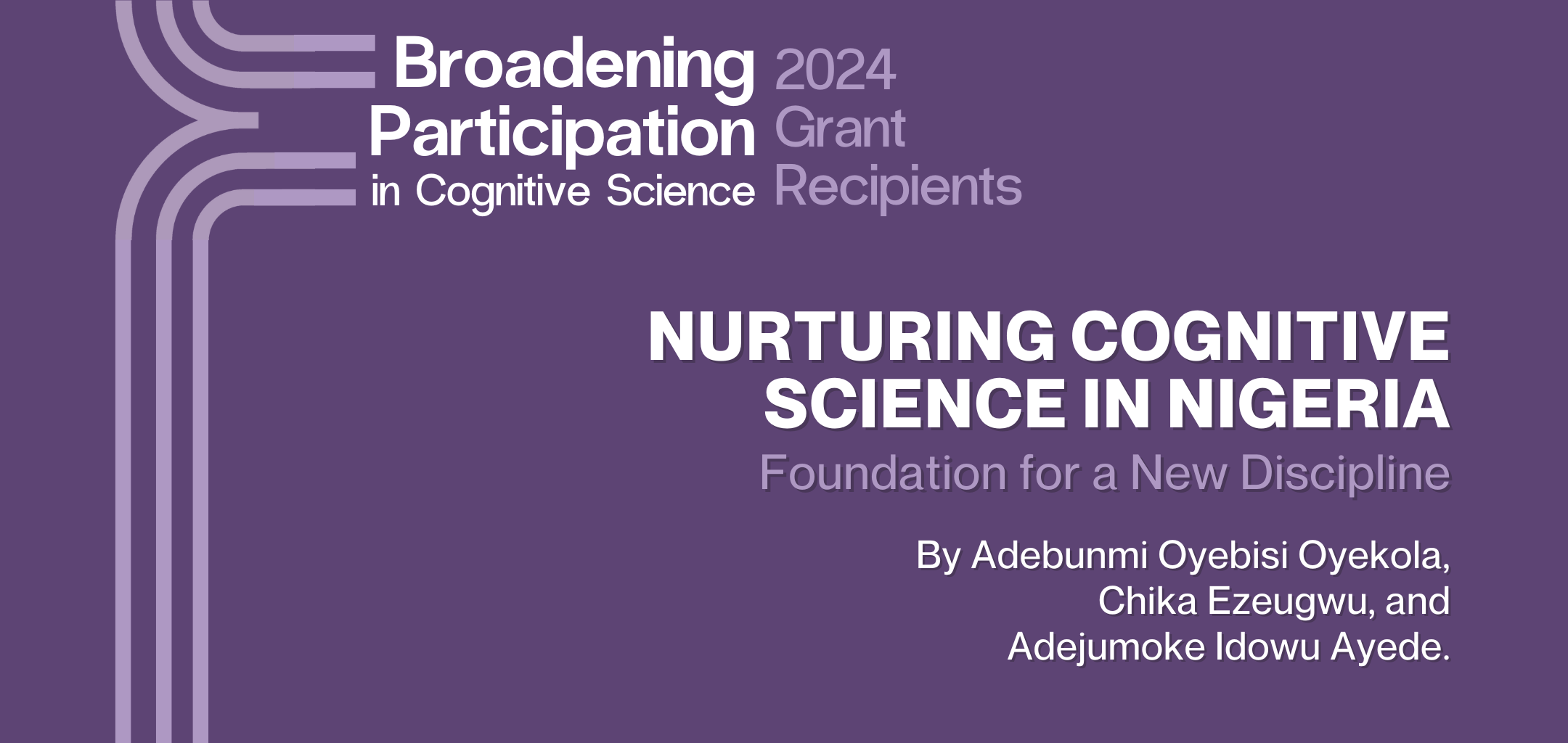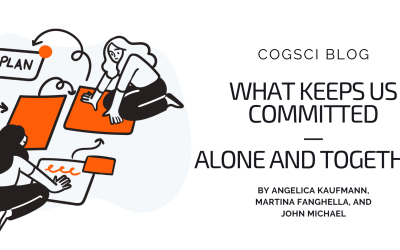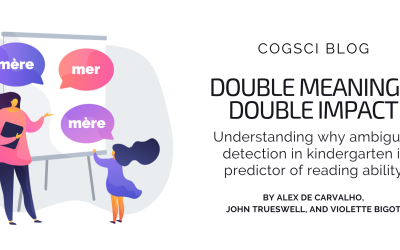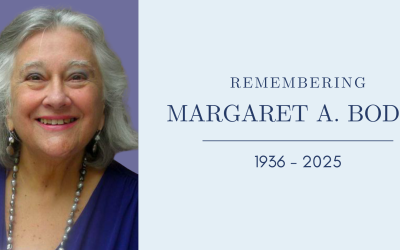By Adebunmi Oyebisi Oyekola, Chika Ezeugwu, and Adejumoke Idowu Ayede.
The brain comes in all shapes and sizes, which means no two brains are alike. In the world of cognitive science, diversifying research is like hosting a dinner where every ingredient contributes unique flavors that create richer and more satisfying feasts. This is exactly what it feels like in our transformative two-day workshop on “nurturing cognitive science in Nigeria”.
What we did
In a transformative two-day workshop held at the Center for African Newborn Health and Nutrition (CANHENT), University of Ibadan, Nigeria, we brought together more than 150 participants from diverse fields-including psychologists, neurologists, computer scientists, educators, counsellors, and more. The event was enriched by expert presentations and discussions from across the world, who shared their cutting-edge research, insights, and experiences in the field of cognitive science. The pioneering workshop, proudly supported by a Cognitive Science Society (CSS) Grant, marked a historic milestone towards integrating cognitive science into Nigeria’s research and academic landscape.
A central theme of our workshop was the creation of multidisciplinary and interdisciplinary community dedicated to advancing cognitive science. We now have over 200 active members cut across the six regions of the country. With participants, we explored the importance of building local research capacities and adapting global methodologies to fit Nigeria’s context. Thereby laying the foundation for a vibrant network of local and international expertise for sustainable progress in cognitive science.
Despite the enthusiasm surrounding the workshop, participants noted key challenges that could hinder the formalizing cognitive science establishment in Nigeria. One of the most pressing challenges is the limited awareness and understanding of cognitive science as a discipline. Many participants across the academic and professional circles are still unfamiliar with the potential and scope of cognitive science, which in turn hampers interdisciplinary dialogue. Additionally, professional language barriers, which are technical terminologies in cognitive science often rooted in non-local traditions may not readily translate into local languages or cultural contexts. Thereby creating a communication gap among interdisciplinary participants. In the same vein, the lack of baseline data, and the impact of standardization of research methodologies further exacerbates these challenges.
In response, workshop participants proposed actionable solutions and key strategies on how to foster a thriving cognitive science community in Nigeria. Key strategies that emerged from the event on how to foster cognitive science community include regular engagement, leveraging technology, and localization of research through active interdisciplinary collaboration. Recognizing the importance of continuous engagement, the workshop highlighted the importance of regular interaction among cognitive science enthusiasts. To this end, we established a dedicated group where members meet to share important information, upcoming events and conferences, and training opportunities. The ongoing dialogue helps strengthen the active participation of members.
Looking ahead, we are currently drafting a perspective paper for publication in cognitive science journal. This paper aims to document the insights and proposed solutions from our workshop, thereby fostering international dialogue on how best to address the challenges identified by participants. We hope to contribute to broader understanding of cognitive science and to encourage similar initiatives in other underrepresented regions.
Why it matters: The importance of broadening cognitive science in underrepresented countries like Nigeria
Cognitive science, an interdisciplinary field that explores the mind and cognitive processes, has the potential to offer insights for solving some of the pressing challenges in the Nigeria’s education, healthcare, technology, and public policy. However, much of what we know about cognitive science is confined to theories and contexts outside the country which presents the risk of promoting cognitive universal assumptions that all human cognition operates the same regardless of their environmental or social influences. Broadening cognitive science in underrepresented countries like Nigeria is crucial for fostering a more comprehensive understanding of human cognition. As a majority-world nation, Nigeria’s distinct cultural, social, and linguistic contexts provide valuable opportunities for groundbreaking research that addresses local challenges while enriching global knowledge. Our pioneering workshop marked a significant step toward this goal. Research from this region can challenge broad generalizations about cognitive processes, highlighting how environmental factors influence cognition differently across populations. Incorporating these perspectives fosters the development of theories and models that are both locally relevant and globally applicable, contributing to a more balanced and inclusive global discourse.
Looking Ahead: Next Steps for Cognitive Science in Nigeria
Looking ahead, the workshop concluded with a strong call for continued collaboration and the establishment of a community of practice dedicated to advancing cognitive science in Nigeria. Participants emphasized the importance of engaging stakeholders from diverse backgrounds to ensure inclusivity, while also developing culturally sensitive research tools and methodologies that respect and address Nigeria’s unique socio-cultural and linguistic diversity. In addition, fostering partnerships with both local and international institutions emerged as a key strategy, as did prioritizing capacity building and skill development to nurture a new generation of cognitive science experts. These lessons form a roadmap for future initiatives aimed at strengthening the field and driving transformative progress in Nigeria.
We have proposed the establishment of a national cognitive science advisory board to guide policy and research direction, as well as the development of undergraduate and postgraduate programs in cognitive science to build a pipeline for future researchers. Additionally, the creation of dedicated research centers and institutes focused on cognitive science was highlighted as crucial for fostering innovation. To further encourage knowledge sharing and networking, the recommendation to host regular conferences and workshops was emphasized, along with the development of policy briefs aimed at promoting governmental and institutional support for cognitive science research. This call to action serves as a road map for future initiatives that will promote cognitive science as a recognized academic discipline in Nigeria.
Join the Movement
This is just the beginning of Nigeria’s cognitive science journey. Establishing the discipline requires sustained collaboration, investment, and advocacy. Researchers, educators, policymakers, and students are invited to engage in this emerging field, drive research, and explore its transformative applications.
Be part of this pioneering effort. Follow our progress, collaborate on research, and contribute to shaping cognitive science in Nigeria. The future starts now!
The Cognitive Science Society’s Broadening Participation Grant is now entering its third year of funding new initiatives to increase global participation in Cognitive Science. The recipients of this grant represent a broad scope of innovative initiatives aimed at encouraging participation in the Cognitive Sciences through interdisciplinary outreach programs, projects, and events. Participants in these programs represent diverse identities, cultures, and geographical locations. As the Cognitive Science Society’s Outreach Committee prepares our call for the third annual Broadening Participation Grant (coming soon!), we are delighted to provide updates on each of our 2024 grant recipients.






